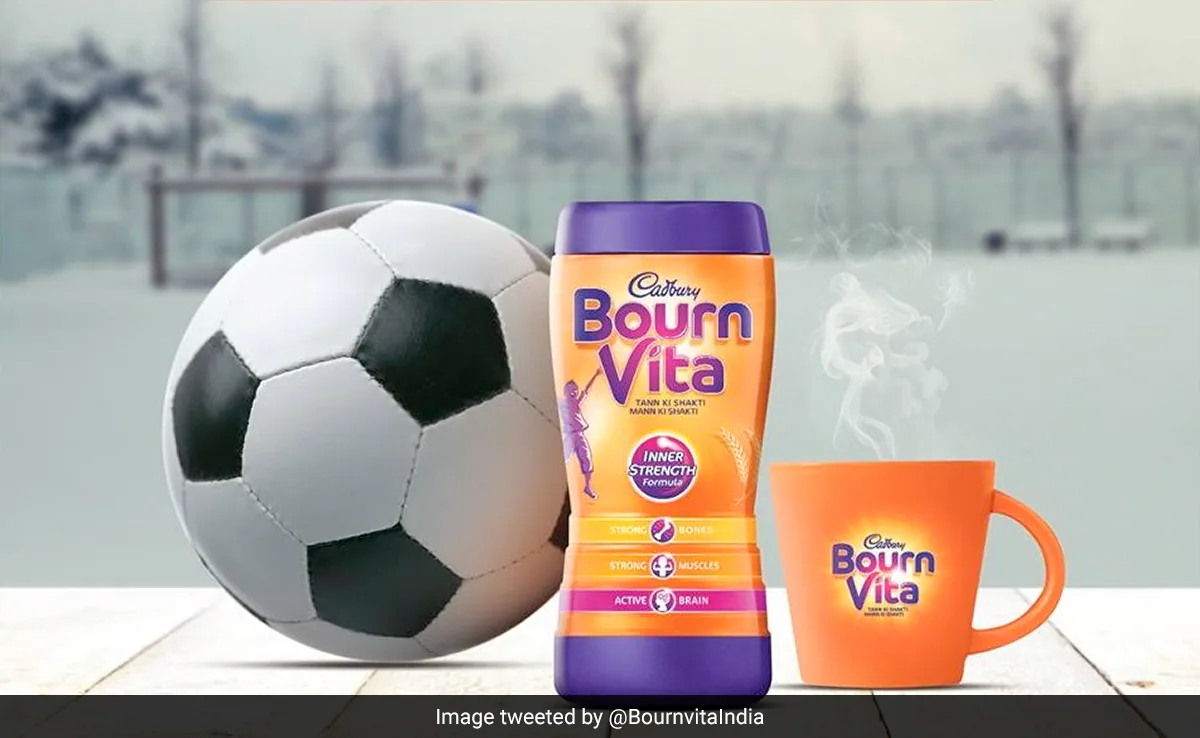Ministry Orders Removal of Bournvita from ‘Health Drinks’ Category on E-commerce Websites
Government Cracks Down : India’s Ministry of Commerce and Industry has taken decisive action to protect consumers. An official directive orders e-commerce companies to remove Bournvita and similar beverages from the “health drinks” category on their websites. This decision reflects a national shift towards more accurate food labeling and stricter adherence to food safety regulations.
Investigation Prompts Action
This advisory follows an investigation by the National Commission for Protection of Child Rights (NCPCR). The investigation concluded that Bournvita contains excessively high sugar levels, a finding that raises health concerns. The NCPCR determined that the term “health drink” is not defined under the country’s food safety regulations (FSS Act 2006). It, therefore, constitutes a violation for companies to market products as such.
FSSAI Supports Ministry Action
The Food Safety and Standards Authority of India (FSSAI) had previously instructed e-commerce companies to cease labeling malt-based or dairy-based beverages as “health drinks.” The FSSAI’s stance aligns with the recent Ministry order to protect consumers from potentially misleading product classifications.
Public Scrutiny of Bournvita
The debate surrounding the health implications of Bournvita initially gained traction after a popular YouTuber published a video critique. The video highlighted the product’s high sugar content, the presence of cocoa solids, and the inclusion of potentially harmful color additives. These ingredients, the video claimed, could pose serious risks to children’s health, including an increased likelihood of developing cancer.
NCPCR Investigation Exposes High Sugar Content
The Ministry’s order stems from a comprehensive investigation by the National Commission for Protection of Child Rights (NCPCR). The NCPCR concluded that Bournvita’s high sugar levels pose a health risk, particularly for children. Additionally, the NCPCR found that the term “health drink” is not explicitly defined under India’s Food Safety and Standards Act of 2006 (FSS Act 2006). This lack of a clear definition makes it a regulatory violation for companies to market products using this term.
FSSAI Supports Consumer Protection
The Food Safety and Standards Authority of India (FSSAI) aligns with the Ministry’s stance and has taken its own regulatory measures. The FSSAI has previously restricted e-commerce platforms from classifying malt-based or dairy-based beverages as “health drinks.” These actions from both governmental organizations underscore their commitment to upholding consumer safety and ensuring transparency in product labeling.
Public Debate Highlights Health Concerns
The reclassification of Bournvita has ignited a broader public conversation surrounding ingredient safety and marketing ethics in the food industry. Initial scrutiny of Bournvita arose after a popular YouTuber published a video critique outlining the product’s potentially harmful ingredients. The video highlighted concerns over high sugar content, cocoa solids, and artificial color additives. These ingredients, the video asserted, could have substantial negative health consequences for children, including an increased risk of serious illnesses.
Implications for Food Industry and Consumers
The government’s swift action in the Bournvita case highlights the growing importance of food safety and ingredient transparency in India. This case sets a precedent and sends a clear message that companies must adhere to strict regulations and avoid misleading labeling practices, especially when targeting children. It reinforces the responsibility that food manufacturers and retailers bear in ensuring that products on the market are accurately labeled and genuinely safe for consumption.
Consumer Safety Concerns
The government’s actions to reclassify Bournvita reflect a growing concern for consumer safety and transparency within India’s food industry. The NCPCR’s investigation highlights the importance of accurate labeling practices, particularly in products marketed towards children. Companies must adhere to the country’s food safety regulations and ensure consumers are fully aware of the ingredients within their products.
Key Takeaways
- India’s regulatory bodies are actively working to ensure consumer safety in the food and beverage industry.
- Accurate labeling practices are essential to protect consumers and allow them to make informed choices.
- Products marketed toward children are subject to particular scrutiny to safeguard their health and well-being.

Rishabh Singh is the Editor-in-Chief and CEO of Latestnews24.com. He has also completed his graduation in BSC Aviation and has 2+ years of experience in blogging and digital marketing. Have worked with many businesses and blogs, He is also interested in Entertainments/movies/web stories and new foods recipes news, Actually this is his favorite subject. So he is always ready for discussion and written about this topic.
